This is one of the more difficult problems that parents are faced with as their child is growing. Around the age of three, children develop the “theory of mind”, in which they discover that not only do they have their own mind, but so too do other people. They gradually realise that they can know things that you do not, and because of this they discover that they can lie to avoid the shame of another’s judgment; “I know something you don’t know”.
Lying well and appropriately is thus a very important developmental task. We all lie everyday. We all have thoughts that we do not share with those around us, and lying can variously be a very appropriate response, or can be immoral, depending on the circumstances. The only way to develop the skill of lying appropriately is to actually lie and then experience the outcome of the lie. The shopkeeper’s saying “take what you want and pay for it” applies here. “Of course you can lie, and you will pay the price of lying”.
It is for this reason we don’t want to shame our children excessively when they lie. Expecting them not to never lie is ridiculous, as how will they work out how to lie well if they never get to lie.
But, we also want them to learn from the lie and experience the logical outcome of avoiding the truth so they can grow into healthy and moral young people.
So if your child lies, the 4C approach can be quite helpful.
- Be cool: its ok, children lie, it’s not personal. Sure, they may be in trouble, but this is just the business of being in your family, that generally we value truth over lying, and lying leads to a cost that needs to be paid.
- Calm the reptile: when a child lies to you, it is very provocative, and you and they can really flip your lid about it. If you or they have flipped, don’t try to address the problem. Take a time out, calm down, and then come together later to try to work it out (past posts look at this).
- Connect with the mammal: “I don’t care what you think until I think that you care”. Together we will work it out.
- Converse with the human: Previous posts look at this in some detail.I am now going to suggest one idea around how to address your child if you think they have lied. Note, this will not work if you are not cool, calm and connected to your child.
Child: but I didn’t take the biscuit
Adult: I hear you, and it sounds like you are annoyed that I have questioned you about it. Help me understand what you think happened to the biscuit.
Child: well, I don’t know, but it wasn’t me.
Adult: ok. Have you got any other thoughts about what happened?
Child: no
Adult: do you want to know my thoughts about the missing biscuit?
Child: you think I took it!
Adult: do you want to know what my thoughts are about the missing biscuit? (broken record)
Child: alright.
Adult: well, I may be wrong, and if I am I’m really sorry (one down position). But I’ve developed the belief that you took the biscuit.
Child: I didn’t!
Adult: and if I am wrong I am so sorry. But the biscuit was there, you were the only one home, and on return from being out the biscuit was gone and there were biscuit crumbs in your room. That’s why I believe you took it, and I’m going to have to act on that belief.
Child: you never believe me
Adult: that must feel really awful (validation). And again I apologise if I got this wrong. But I don’t believe I am wrong. And so I am going to act accordingly.
Child: I hate you
Adult: I’m sorry I’ve made you so upset. When you are ready, lets talk about how we can fix this.
Note, I have not said “You lied”, as that will likely get into a combative arguing interaction where they said “no I didn’t” and you say “yes you did” and it goes round and around. Rather I said, “I’ve developed the belief you lied”. This is unarguable, as it is absolutely true you developed the belief they lied. You are aware you may be wrong, but it can’t be argued that you don’t believe it. And as a good parent, you will act on the belief you have developed. It is a subtle difference, but try it out and you may realise that it makes a very big difference in whether you get drawn into their combat or not.
We want our kids to lie; we just want them to learn how to do it morally and wisely, just as we had to learn how to do it. A parent who gently but firmly confronts their child with their lie can help the child to own the lie, and learn how to repair it.
